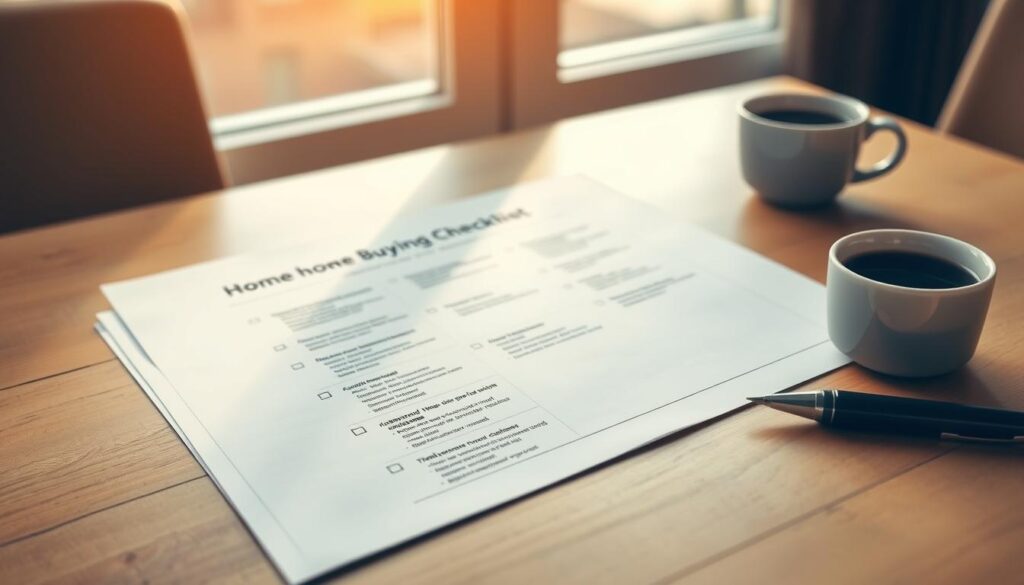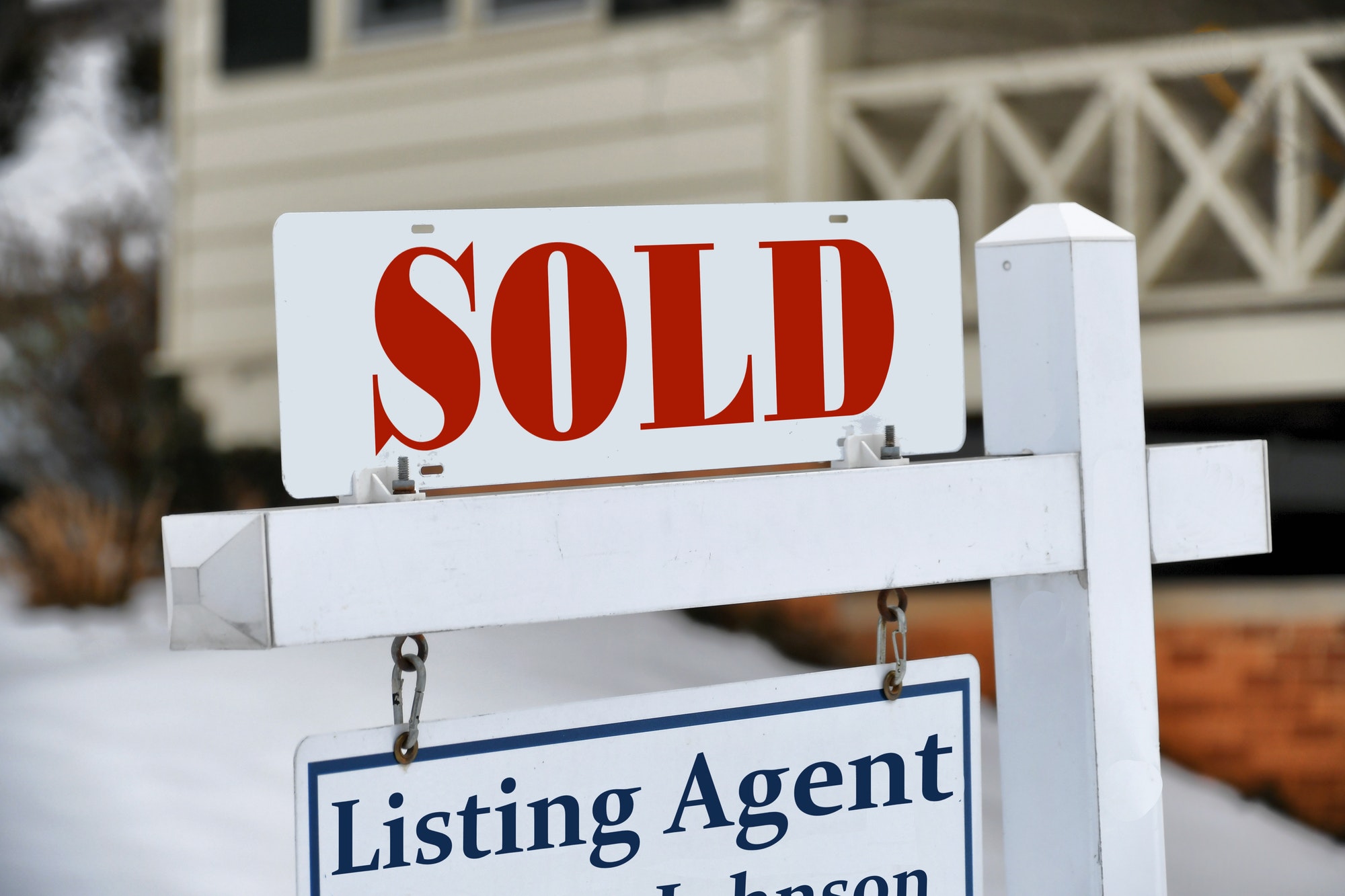Getting your first home is very exciting, but it can feel like a lot sometimes. If you’re buying a home for the first time, it’s important to know what to expect. This guide is full of tips for first-timers. It will help you be ready financially and know all about government help. You’ll learn how to make smart choices from start to finish.
Key Takeaways
- Being well-informed is crucial for first-time home buyers.
- Understanding your financial readiness can help set a realistic budget.
- Exploring various loan options and incentives can provide financial advantages.
- Working with a knowledgeable real estate agent can simplify the buying process.
- Thoroughly researching the market and prioritizing your preferences ensure you find the right home.
Understanding Your Financial Readiness
Before you buy a home, check how ready your finances are. Look at your budget and the extra costs of owning a home. Use calculators to see how much you can spend on a house.
Assessing Your Budget
Knowing what you can afford is key when buying a house. Look at your monthly money, debts, and bills. Don’t forget costs like insurance and taxes. This lets you see how much you can pay for your home each month.
Additional Home Ownership Costs
Owning a home comes with more than just a mortgage. Be ready for things like property taxes and insurance. Also, think about upkeep costs. Knowing these helps you stay prepared.
Mortgage Affordability Calculators
Calculators can show how much you can afford for a home. The TD Mortgage Affordability Calculator is one example. It looks at your money, debts, and the down payment. This gives you a clear idea of what you can buy.
Saving for a Down Payment
For first-time home buyers, knowing how to save for a down payment is key. This is very important when buying your first house.
Minimum Down Payment Requirements
Learning the minimum down payment needs is critical. For homes costing $500,000 or less, you need to save 5% of that price. If the price is between $500,000 and $1.5 million, you pay 5% on the first $500,000. Then, add 10% on any amount over $500,000. Homes over $1.5 million require a 20% down payment.
If your down payment is under 20% of the home’s cost, you’ll likely need loan insurance. This can increase your spending. More information on these costs and how a bigger down payment can reduce interest costs over the mortgage’s life can be found here.
Strategies for Saving
To save enough for a big down payment, first-time buyers must use good saving plans. An easy method is to move some of each paycheck into a savings account automatically. Looking into safe investments, like high-yield savings or CDs, is also smart. These can up your savings without locking you out from your money.
Another way is to make a detailed budget and slash extra spending. This careful money planning helps save more for your first home.
By knowing the down payment rules and using smart saving tips, first-time buyers can make wise choices. This helps them save for a down payment and build a strong base for buying their first home.
Benefits of Getting Pre-Approved for a Mortgage
Looking for a house is exciting but also complex. Getting a mortgage pre-approval is a key step. It makes the journey of buying your first home better.
The Pre-Approval Process
The mortgage pre-approval process checks your money situation. It helps figure out how much house you can afford. This process usually includes:
- Submitting a mortgage application to lenders
- Providing financial documents such as income statements, tax returns, and employment verification
- Allowing a credit check to assess your creditworthiness
- Receiving a pre-approval letter indicating the loan amount you qualify for
Being pre-approved shows how much you can spend. It makes finding a home easier and quicker.
Advantages of Pre-Approval
Getting pre-approved for a mortgage has many benefits. It makes buying your first home smoother. These benefits include:
- Interest Rate Lock: Pre-approval can lock in your rate, protecting you from increases.
- Increased Credibility: Sellers see pre-approved buyers as serious and financially ready.
- Streamlined Process: The final loan approval and closing are faster and easier.
Using a mortgage pre-approval can raise your confidence. It also makes you a stronger negotiator in the real estate market.
Finding the Right Real Estate Agent
Buying a house is a big deal. You need a good real estate agent on your side. For beginners, the right agent makes everything easier. They know the market, show you homes, and help you negotiate. They make sure you’re taken care of.
Usually, the seller pays the agent, so it’s free for the buyer. This is great for first-time buyers. You get expert help without paying extra. A smart agent makes buying a house less stressful. They guide you from start to finish.
It’s important to pick an agent who knows the area well. They find homes that fit your needs and budget. They also deal with the tough paperwork and legal stuff. This gives you peace of mind when buying a house.
Building a good relationship with your agent is key. If you’re open and trust them, they can really help you out. The best real estate agent uses their contacts to find you homes early.
To find a good agent, look at their success, knowledge of the area, and what their clients say. A top agent makes buying a house smooth. Taking time to find the best agent helps you get closer to your dream home.
Exploring Government Programs and Incentives
For first-time homebuyers, there’s a lot to learn about government help. Programs like the Home Buyer’s Plan and others offer big benefits. They help with money matters and taxes, making buying a home easier.
Home Buyer’s Plan (HBP)
The Home Buyer’s Plan lets you use retirement savings to buy a home. You can take out up to $35,000 tax-free. But, you need to pay it back in 15 years. It’s a smart way to use savings for a down payment.
Home Buyers’ Amount (HBA)
The Home Buyers’ Amount gives up to $5,000 back as a tax credit. It helps with some costs of getting a new home. To get this, you shouldn’t have owned a home in the last four years.
Tax-Free First Home Savings Account (FHSA)
The Tax-Free First Home Savings Account lets your savings grow tax-free. You get a tax break on what you put in. Then, buying your first home with it won’t be taxed. It’s a great way to save more money for your home.
Land Transfer Tax Rebates
First-time homebuyers can get back money on land transfer taxes, too. These rebates can lower the costs of getting a new home. Check what your state or city offers, as it can make a big difference.
| Program | Benefit | Criteria |
|---|---|---|
| Home Buyer’s Plan (HBP) | Withdraw up to $35,000 from RRSP | First-time homebuyer, repay within 15 years |
| Home Buyers’ Amount (HBA) | Tax credit up to $5,000 | Not owned home in the prior four years |
| Tax-Free First Home Savings Account (FHSA) | Tax-deductible contributions, non-taxable withdrawals | First-time homebuyer |
| Land Transfer Tax Rebates | Rebate on land transfer tax | Varies by state/municipality |
Navigating the Home Search Process
Buying a home is exciting and scary. To feel less stressed and make smart choices, use a home buying checklist. We’ll show you how to set priorities, look at properties, and use online tools.
Setting Priorities and Preferences
First, decide on what you really need. Think about location, size, and key features for you and your family. Whether you want city buzz or quiet suburbs, knowing what you want helps narrow your search.
Researching the Market
Learning about the local market is key. Looking at homes in your area lets you understand prices and trends. This helps you make good decisions and might save you money.
Online Resources and Tools
Now, there are lots of online tools to help find your home. Sites like Zillow, Realtor.com, and Redfin show many homes for sale. They also have tools to help understand the market.
Use these tools by setting up alerts, comparing homes, and taking online tours. With the right info, you can be confident when buying a home.

Tips for First-Time Homebuyers
Buying your first home is both exciting and complex. It helps to know some important tips. These tips include how to look at homes, compare them, and why inspections matter.
Viewing Homes and Making Comparisons
It’s important to have a plan when you look at homes. Start by making a checklist. This list might have things like how many bedrooms you need and if it’s close to schools.
Look closely at the heating, plumbing, and wiring. Think about the layout and how much light it gets. Maybe you’ll want to change things later. Write down what you notice and take pictures to help you remember.
Importance of Home Inspections
Home inspections are very important. They check the condition of the house thoroughly. This includes the structure, roof, and foundation.
Try to be there for the inspection. It’s a chance to learn a lot and ask the inspector questions. What you learn can help you decide. It might even let you talk down the price.
- Set a budget: Figure out how much you can spend before you start looking.
- View multiple properties: Look at different homes to find what works best for you.
- Attend the home inspection: Learn about the home’s condition for yourself.
Understanding the Offer and Closing Costs
Buying your first home is exciting. But, it’s important to understand the offer and closing costs. These can greatly impact your budget.
Components of an Offer
The offer for a house has several key parts:
- Buyer’s Information: This part includes your personal and financial details.
- Offer Price: This is how much you’re willing to pay for the house.
- Contingencies: Conditions that must be met for the sale to go through. For example, the house must pass an inspection.
Make sure you understand each part of the offer. This helps make your offer strong and appealing.
Breakdown of Closing Costs
Closing costs are what you pay to finalize buying your home. Here’s what makes up typical closing costs:
| Type of Cost | Description |
|---|---|
| Legal Fees | These are costs for a lawyer who deals with the legal parts of buying a home. |
| Title Insurance | This insurance protects you from problems with the home’s title. |
| Property Taxes Adjustments | This ensures taxes on the property are fairly split between the seller and you. |
It’s key to understand these costs to avoid surprises when you’re closing on your home.
Types of Mortgages Available
Choosing the right mortgage is important. It helps to know the different kinds. We’ll look at each type to make things clear.
Fixed Rate vs. Variable Rate
A fixed rate mortgage keeps your payments the same. It’s great for budgeting. A variable rate mortgage, though, changes with the market. It can go up or down.
Open vs. Closed Mortgages
An open mortgage lets you pay more anytime. But it costs a bit more. A closed mortgage has lower rates but you can’t pay it off early without a fee.
Conventional vs. High-Ratio Mortgages
A conventional mortgage needs at least 20% down. This way, you might avoid extra insurance. With a high-ratio mortgage, if you pay less than 20% down, you’ll need insurance. It protects the lender but costs you more.
| Mortgage Type | Key Benefit | Drawback |
|---|---|---|
| Fixed Rate Mortgage | Stable, predictable payments | Higher initial interest rates |
| Variable Rate Mortgage | Potentially lower interest rates | Uncertainty in monthly payments |
| Open Mortgage | Flexibility in payments | Higher interest rates |
| Closed Mortgage | Lower interest rates | Prepayment penalties |
| Conventional Mortgage | No mortgage insurance | Requires 20% down payment |
| High-Ratio Mortgage | Lower down payment required | Requires mortgage insurance |
Conclusion
Buying your first home is a big step filled with excitement. This guide has shown you the key steps you need. It’s important to do your homework before you start.
Getting pre-approved for a mortgage is a smart move. Also, finding a good real estate agent can really help. Looking into government programs that can save you money is also a smart idea. Picking the right mortgage is crucial for your budget and future.
Getting your dream home is about making smart choices. You need to understand every part of the process. This guide is here to help you know what to do. We wish you the best as you start this exciting journey!


